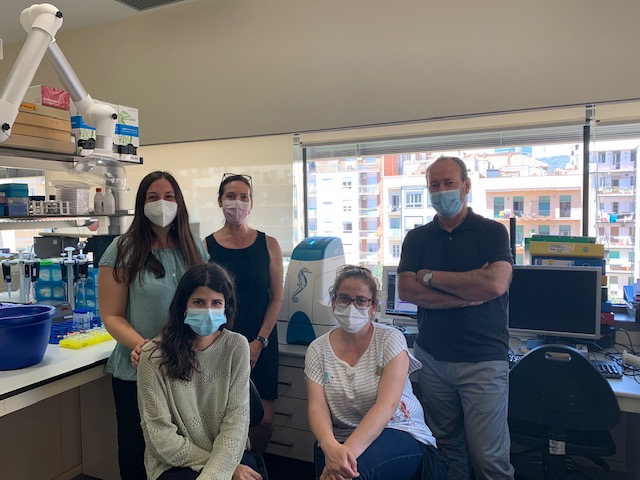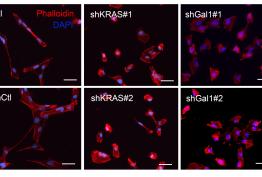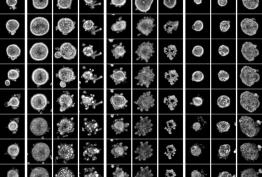In a study recently published in REDOX BIOLOGY with SandraTorres and Estel Solsona-Villarrasa as first authors and led by Dr. Carmen Garcia-Ruiz, researchers from the group "Mitochondrial Regulation of Cell Death" have revealed a new role for acid ceramidase (ACDase) in experimental models and in patients with NPC through the regulation of STARD1 and its impact on mitochondrial function.
NPC lysosomal disease is characterized by the accumulation of cholesterol and sphingolipids in the lysosomes of various tissues, mainly brain and liver, which causes neurological deterioration and liver disease. Along with the lysosomal alteration, Torres and Solsona-Vilarrasa et al. also reveal an accumulation of cholesterol in the mitochondria of the affected tissues of Npc1 - / - mice as a model of the disease and in fibroblasts of patients with NPC. This accumulation is due to an induction of the STARD1 protein, responsible for the transport of cholesterol to the mitochondrial inner membrane. The induction of STARD1 is accompanied by a lower expression of ACDase both in the experimental models and in the fibroblasts of the patients. The overexpression of ACDase in NPC fibroblasts represses the expression of STARD1 and normalizes the mitochondrial cholesterol level, which recovers mitochondrial function and attenuates oxidative stress. Such studies therefore suggest that the repression of STARD1 and the consequent decrease in mitochondrial cholesterol are of relevance in the pathophysiology of NPC and identify ACDase as a new therapeutic target in NPC disease.

Article:







